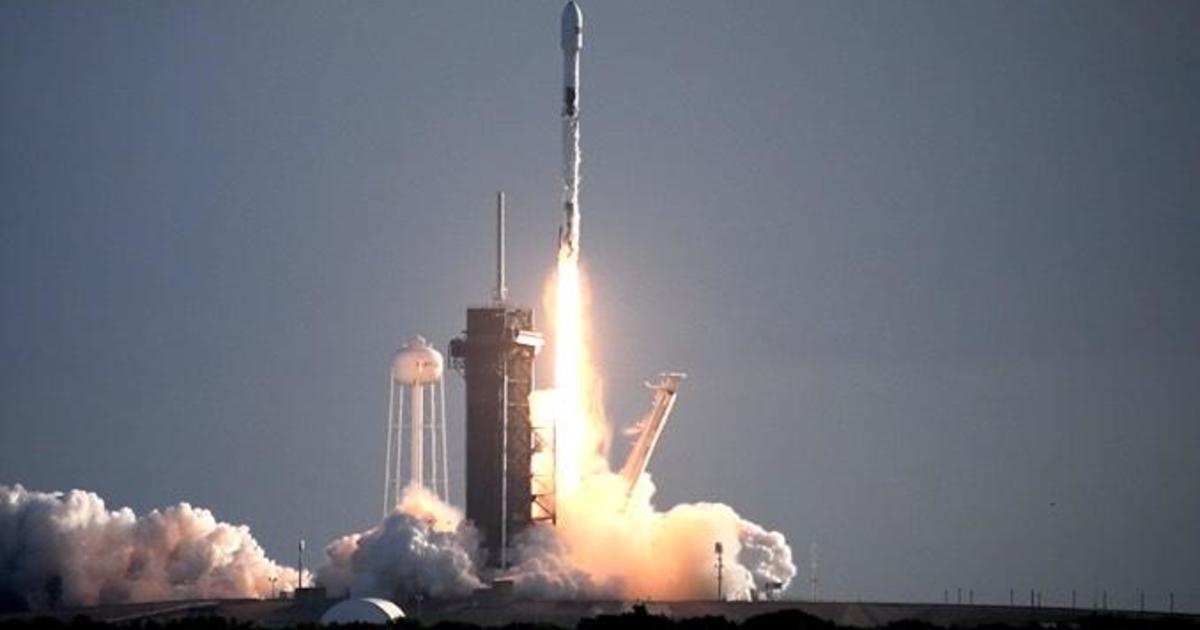News
Fauci on media access, Trump contracting COVID and more
As global infections pass 40 million, COVID-19 fight goes local
Collapsing passengers and a contentious plan: The COVID flight from hell
Putin critic Alexey Navalny describes being poisoned
Calif. mom found safe 12 days after vanishing in national park
Battleground Tracker: Biden leads in Wisconsin, edge in Arizona
Former NSA chief says Russia unlikely to try to change votes
Alicia Garza on the origin of Black Lives Matter
Man arrested for allegedly threatening to kidnap Wichita mayor
2020 Elections
CBS News coverage of the 2020 elections
Battleground Tracker: Latest polls, state of the race and more
5 things to know about CBS News’ 2020 Battleground Tracker
CBS News coverage of voting rights issues
How do I vote in my state in the 2020 election?
Battleground Tracker: Biden leads in Michigan and Nevada, race tied in Iowa
A behind-the-scenes look at how mail-in ballots are processed
With more mail-in ballots, officials urge patience on election night
Americans and the right to vote: Why it’s not easy for everyone
Why some mail-in ballots are rejected and how to make sure your vote counts
What happens if the president doesn’t accept the election results?
Election Day could turn into “Election Week” with rise in mail ballots
Shows
Live
LIVE
More
Search
Search
Live
Watch CBSN Live
A SpaceX Falcon 9 rocket fired 60 more Starlink internet relay satellites into orbit Sunday from the Kennedy Space Center with another set awaiting launch Wednesday from the nearby Cape Canaveral Air Force Station.
With Sunday’s flight, SpaceX has now launched 835 Starlinks in a rapidly-expanding global network that eventually will feature thousands of commercial broadband beacons delivering high-speed internet to any point on Earth. To reach that goal, the company plans to launch at least 120 new Starlinks every month.
A SpaceX Falcon 9 rocket blasts off from historic pad 39A at the Kennedy Space Center early Sundayt carrying another 60 Starlink internet satellites to orbit.
William Harwood/CBS News
The latest Starlink mission, SpaceX’s 14th, got underway at 8:26 a.m. EDT when the Falcon 9’s nine first stage engines ignited with a burst of flame, pushing the slender rocket away from pad 39A at the Kennedy Space Center atop 1.7 million pounds of thrust.
Making its sixth flight, the first stage propelled the rocket out of the dense lower atmosphere and then fell away and headed for landing an offshore droneship. Touchdown marked SpaceX’s 62nd successful booster recovery since December 2015, its 42nd at sea.
Less than a minute after stage separation, the two halves of the rocket’s nose cone fairing, both veterans of two earlier missions, fell away for parachute descents to capture netting aboard waiting recovery ships. Both were successfully recovered, although one appeared to break through its netting, possibly hitting the deck of its ship.
The second stage, meanwhile, pressed ahead to orbit and after two firings of its vacuum-rated Merlin engine, all 60 Starlinks were released to fly on their own about an hour after liftoff.
None the worse for six trips to space and back, a SpaceX Falcon 9 first stage carried out a pinpoint landing on a company droneship after helping launch another batch of Starlink internet satellites.
SpaceX
Sunday’s launch marked SpaceX’s second Falcon 9 flight since October 2 when a last-second abort blocked launch of a Space Force Global Positioning System navigation satellite. That flight remains on hold while company engineers assess an apparent issue with engine turbopump machinery.
SpaceX has not provided any details about how the engines used Sunday and those used during a Starlink flight October 18 might be different from those used for the GPS mission.
Likewise, there’s been no word from SpaceX or NASA on whether the engine issue poses any threat to the planned launch of four astronauts to the International Space Station atop a Falcon 9 next month.
Sunday’s launch was the 18th Falcon 9 flight so far this year, the 95th since the rocket’s debut in 2010, the 98th counting three launches of the triple-core Falcon Heavy. The Falcon 9 has suffered two catastrophic failures, one in flight and one during pre-launch testing.
Be in the know. Get the latest breaking news delivered straight to your inbox.
View CBS News In
CBS News App
Safari
